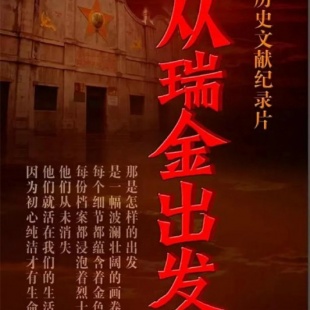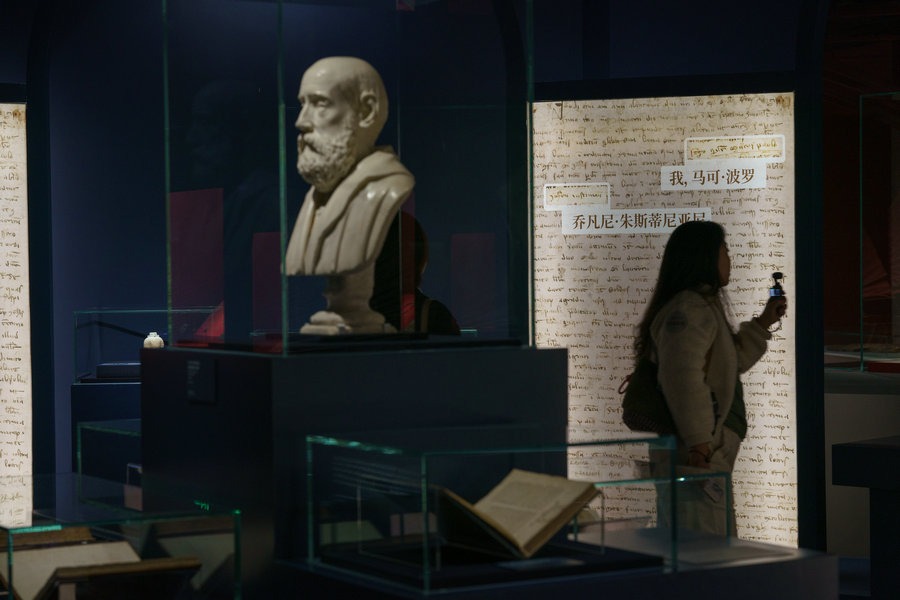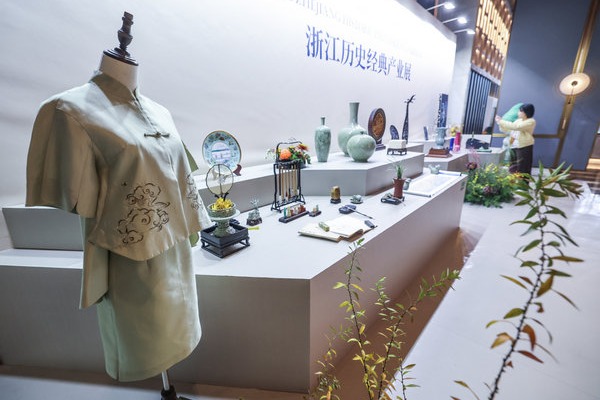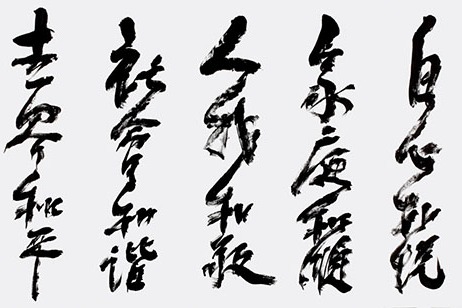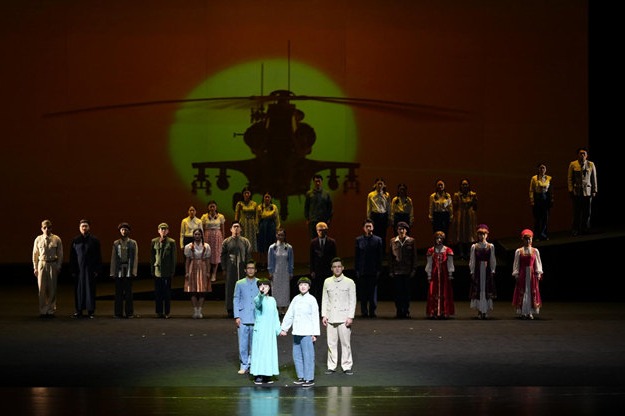Documentary delves into history of CPC

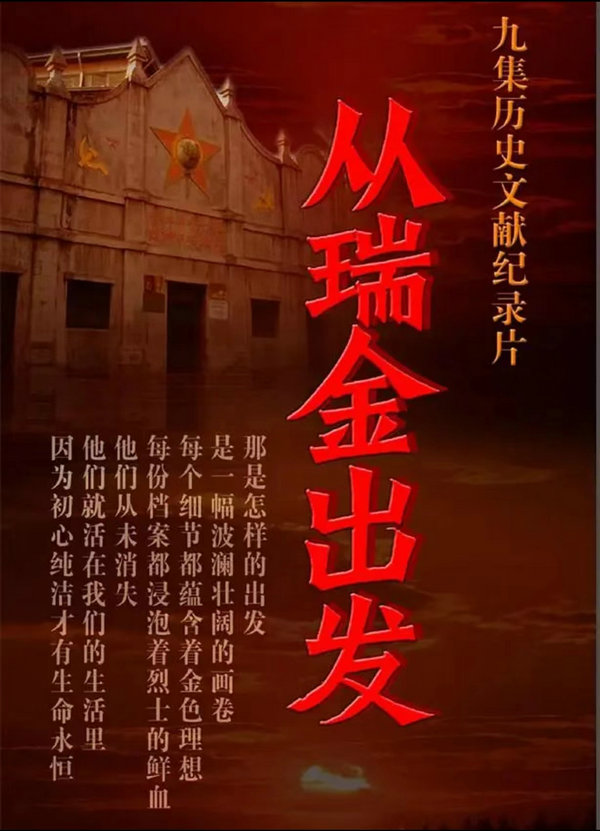
After traversing over 20,000 kilometers and conducting interviews with numerous experts over a span of four years, Cong Ruijin Chufa (Departing from Ruijin), a documentary that comprehensively chronicles the history of the Chinese Soviet Republic, has been hailed as a groundbreaking addition to television content about the Communist Party of China, as noted by experts at a recent seminar in Beijing.
The nine-episode documentary presents a panoramic depiction of the strenuous journey embarked upon by the Communist Party of China, under the leadership of Mao Zedong, as they sought a new revolutionary path following the setback of the 1927 Revolution. It delves into the early history of the CPC, from the strategic encirclement of cities in rural areas to the initiation of the Land Reform Movement and the decisive defeat of the Kuomintang forces' encirclement.
In November 1931, Mao was appointed chairman of the temporary central government of the Chinese Soviet Republic, establishing its capital in Ruijin, Jiangxi province, thereby transforming the city, nestled in the southern expanse of the Wuyi Mountains, into the cradle of modern China.

Since its debut on multiple platforms, including China Central Television's documentary channel in August last year, the documentary has received widespread acclaim.
Zhao Jie, the head of the documentary committee at the China Federation of Radio and Television Associations, stated that nearly 70 percent of the historical content in the documentary — based on extensive research in archives and investigations conducted in over 10 provinces and regions — is being unveiled to the public for the first time in history.
Chen Hong, deputy director of China Education Television, commented that the documentary elaborates on the principles and foundations behind many of the CPC's early policies, making it a valuable teaching material for Chinese teenagers interested in learning more about the country's history.


